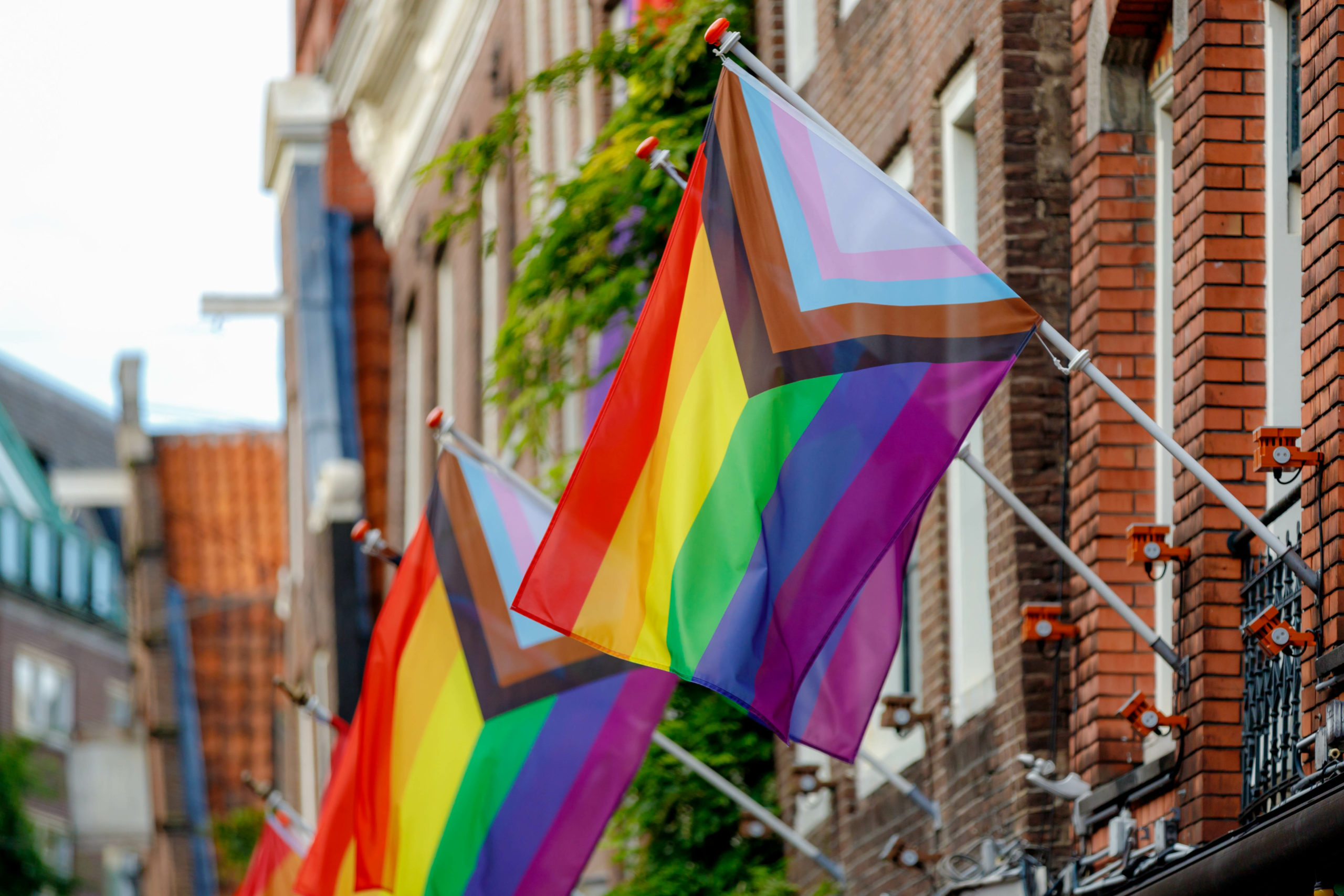
Patrice Lumumba – A speech to remember
Anna Da Silva, Junior Consultant, reflects on Black History Month, and looks back on the life of Patrice Lumumba, a visionary leader who is remembered for his role in transforming the Congo from a colony of Belgium into an independent republic. In the UK, Black History Month is a time we take to recognise the achievements of […]
Anna Da Silva, Junior Consultant, reflects on Black History Month, and looks back on the life of Patrice Lumumba, a visionary leader who is remembered for his role in transforming the Congo from a colony of Belgium into an independent republic.
In the UK, Black History Month is a time we take to recognise the achievements of people from African and Caribbean backgrounds. As a British Congolese and Angolan, I’ve always had mixed feelings about this time of year. Upon reflection, I’ve realised that it is hard to celebrate without remembering hard realities of our past. So, to round up this Black History Month blog series, I’ve decided to share the story of Patrice Lumumba who, despite his unfortunate ending, made one of the biggest speeches in Pan-African history.
Early years
Patrice Emery Lumumba was born on the 2nd of July in 1925, in a village called Onalua in the north eastern province of what was known then as the Republic of the Congo. His parents Francois Tolenga and Juliana Amatu, both of Tetela ethnicity, raised him as a Christian and sent him to multiple religious schools.
After leaving his hometown in 1945, Lumumba settled in Stanleyville. He worked as a postman and learnt French as an autodidact as he started a family. In 1950 he settled in the colonial capital Leopoldville and began writing articles for Congolese and Belgian newspapers. Progressively he began to criticise discrimination imposed by Belgian colonisers and became a person of influence amongst the Congolese community of Stanleyville.
After having been appointed head of many ‘Associations of evolved people’ in the colonial metropolis, he met King Baudoin I of Belgium in June 1955 and began to build a network of Congolese and Belgian politicians.
A new-born politician
In 1958, Lumumba was invited to Belgium under the patronage of the Minister of colonies. Upon his visit, he witnessed the unflattering displays of Congolese people presented by the Brussel’s Universal and International Exhibition. Until then, Lumumba’s political views had been liberal, and he believed in creating a better Congo through peace and non-violence. This visit to Belgium marked an important point in Lumumba’s journey.
He returned to Congo and became president of the Mouvement National Congolais (MNC), a nationalist, unitary and anti-colonialist party. He was invited to participate in the Pan-African conference in Accra and on his return declared independence in front of 10,000 people. Despite his popular support amongst the Congolese, the Belgian authorities tried to seize Lumumba which caused a riot, where thirty people died. Lumumba was arrested a few days later and sentenced to six months in prison.
Meanwhile, the Belgian authorities were pressured and eventually released Lumumba just in time to participate in a round table, bringing together the main Congolese representatives in Brussels. The Belgian government found itself confronted with a united Congolese front and reluctantly granted the Congo independence on 30th June 1960.
The speech that sealed his fate
Hardened by the experience of his arrest and the anti-Belgian standpoint of the international press, Lumumba took the opposite view of the moderate policies he had adopted at the beginning of his political career. During the official independence ceremony which marked the end of the Belgian ruling, King Baudoin I delivered a paternalistic speech which praised the colonialism efforts in the Congo. Lumumba, who wanted to set a different narrative, began his speech by addressing Congolese independence fighters:
“Men and women of the Congo, victorious independence fighters, I salute you in the name of the Congolese Government.
I ask all of you, my friends, who tirelessly fought in our ranks, to mark this June 30, 1960, as an illustrious date that will be ever engraved in your hearts, a date whose meaning you will proudly explain to your children, so that they in turn might relate to their grandchildren and great-grandchildren the glorious history of our struggle for freedom.
Although this independence of the Congo is being proclaimed today by agreement with Belgium, an amicable country, with which we are on equal terms, no Congolese will ever forget that independence was won in struggle, a persevering and inspired struggle carried on from day to day, a struggle, in which we were undaunted by privation or suffering and stinted neither strength nor blood…”
Broadcast on the radio, the impact of Lumumba’s speech, was quickly felt in the Congolese population. Shortly upon his return to Congo, the MNC and its allies won the elections and on 23rd June 1960, Patrice Emery Lumumba became the first Prime Minister of an independent Congo. For Congolese people, it marked the end of exploitation and discrimination, but much of the administration and management of the army remained Belgian, which Lumumba was determined to change.
His speech was recognised across the country and was interpreted as anti-Belgian, this encouraged Congolese revolt which led to riots, looting and rebellion against Belgians, particularly in the capital. The final straw came when Lumumba declared the Africanisation of the army which forced Joseph Kasa-Vubu, Congo’s first president, to dismiss him along with several other members of his government. Lumumba refused to concede and was seen as a threat due to his growing popularity and the prospects of a civil war. On 17th January 1961, Patrice Emery Lumumba, was assassinated in a coup led by Colonel Joseph Désiré Mobutu.
Although there is speculation about MI6 participation in the coup, both the CIA and Belgian government have admitted their involvement in the plot to assassinate Lumumba. Despite this unfortunate ending Lumumba remains a hero and a legend to many, he is remembered as a visionary leader and praised for his multi-ethnic and pan-African worldview. Today, he remains a historical figure across Africa, but especially for Congolese people who celebrate him for his fight against colonialism.




